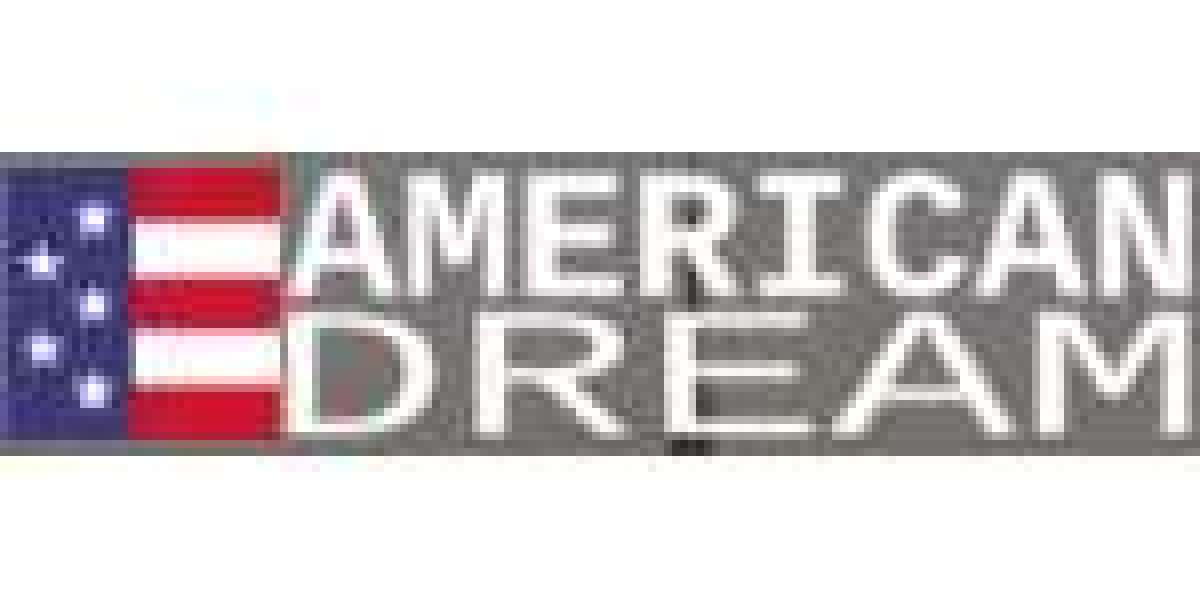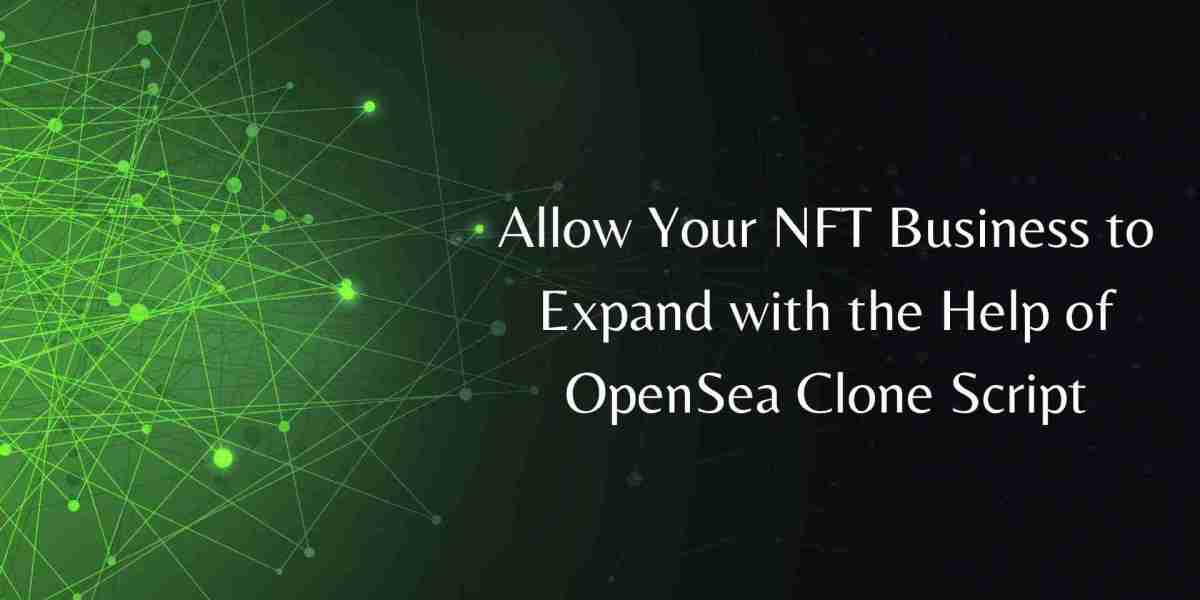H-1B Visa: The H-1B visa is one of the most popular work visas in the United States. It is designed for foreign workers with specialized knowledge and skills, particularly in fields such as technology, science, engineering, and mathematics. H-1B visas are typically sponsored by U.S. employers.
L-1 Visa: The L-1 visa is designed for intracompany transferees who work for multinational corporations. There are two subcategories: L-1A for managers and executives and L-1B for employees with specialized knowledge.
E-2 Visa: The E-2 visa is for investors and entrepreneurs who want to start or invest in a business in the United States. To be eligible, applicants must be citizens of countries that have treaties with the U.S.
O Visa: The O visa is for individuals with extraordinary abilities in fields like arts, sciences, athletics, business, or education. It is often used by renowned professionals in their respective fields.
TN Visa: The TN visa is specific to Canadian and Mexican citizens and is available to individuals engaged in certain professional occupations covered under the North American Free Trade Agreement (NAFTA).
J-1 Visa: The J-1 visa is designed for exchange visitors, including students, researchers, and individuals participating in cultural exchange programs.
H-2A and H-2B Visas: These visas are for temporary agricultural and non-agricultural workers, respectively. They allow foreign nationals to work in seasonal or temporary jobs in the U.S.
Green Card: While not a traditional work visa, obtaining a U.S. green card (lawful permanent residency) allows foreign nationals to live and work in the U.S. indefinitely, making it a pathway to employment.
Dublin Custom and Border Protection Program in Dublin
The Dublin CBP program is a significant aspect of U.S. immigration for travelers entering the country. Dublin Airport in Ireland is one of the preclearance locations where CBP officers screen travelers bound for the United States before they even set foot on U.S. soil. This program aims to streamline the entry process and enhance security.
Key features of the Dublin CBP program:
Pre-Clearance: Travelers departing from Dublin Airport go through U.S. customs and immigration processes before boarding their flight. This means they are treated as domestic arrivals when they land in the U.S., saving time and avoiding long immigration queues upon arrival.
Enhanced Security: The CBP program in Dublin helps identify potential security threats and inadmissible travelers before they depart for the U.S., further safeguarding the homeland.
Convenience: Travelers can clear immigration and customs in Dublin, allowing for a smoother transition upon reaching their U.S. destination.
Immigration and Visa Processing: CBP officers at Dublin Airport can process certain visa applications and extensions, making it a convenient option for travelers in need of immigration-related services.
Conclusion
Understanding the various types of work visas available in the United States is essential for anyone seeking employment opportunities in the country. Each visa category serves a unique purpose and has specific eligibility criteria. Additionally, the Dublin Customs and Border Protection program provides a streamlined process for travelers departing from Dublin to the U.S., enhancing security and convenience.
Whether you're an entrepreneur looking to invest in a U.S. business, a skilled professional seeking specialized work, or a seasonal worker interested in temporary employment, there is likely a suitable work visa option available. And for those beginning their U.S. journey in Dublin, the CBP program can be a valuable resource to expedite their entry into the land of opportunities.



